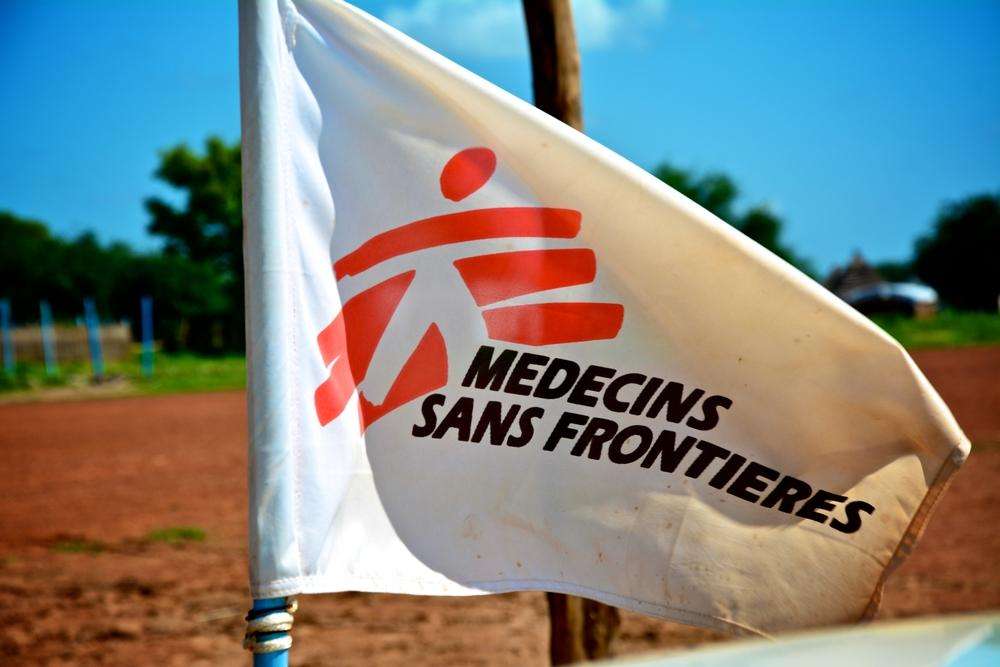NEW YORK/NEW DELHI, JUNE 26, 2017—As U.S. President Donald Trump and Indian Prime Minister Narendra Modi meet at the White House today, Doctors Without Borders/Médecins Sans Frontières (MSF) warned that U.S. pressure on India to change its drug regulatory and patent system could result in millions of people in the U.S. and around the world losing their lifeline of affordable medicines. As an international medical humanitarian organization that relies on affordable generic medicines produced in India to run its medical programs in more than 60 countries, MSF urged Modi to stand strong and protect India’s role as the “pharmacy of the developing world.”
India’s current law sets the bar higher than some countries, including the U.S., for which medicines deserve patents, allowing people to gain access to generic options sooner. However, the U.S government—backed strongly by the pharmaceutical lobby—is expected to step up pressure on several governments, including India and others in Asia and Latin America, to enforce and protect intellectual property (IP) of pharmaceutical corporations—an approach that has led to high drug prices in the U.S. and around the world by limiting competition.
India plays an important role in manufacturing and distributing lifesaving medicines and vaccines to millions of people across the world. About 97 percent of the medicines MSF uses in caring for more than 300,000 people living with HIV are Indian generics. MSF also procures vaccines and essential medicines from India to treat other diseases, including tuberculosis and hepatitis C. The high prices pharmaceutical corporations charge for medicines are preventing people in both developing and developed countries from accessing the medicines they need. For example, in the U.S., some cancer medicines are priced at more than $100,000 per patient and one new hepatitis C medicine was introduced at $1,000 per pill.
“The United States has a history of pressuring India to change its pro-public health stance on intellectual property—a policy that has saved and improved millions of lives all over the world by making medicines more affordable. Ahead of his meeting at the White House, we’re urging Prime Minister Modi not to cave into any pressure from the U.S. and adopt pharma-backed policies that have caused medicine prices to skyrocket, leaving patients empty-handed and payers struggling to afford the expensive patented medicines.
At MSF, we have seen the enormous impact low-priced medicines can have one people’s lives. For example, by striking a balance between industrial production of drugs and public health, HIV regimens that were priced at $10,000 per person per year 15 years ago now cost $100 per year—that’s a 99-percent reduction in price, thanks to generic competition.”
—Leena Menghaney, head of South Asia for MSF’s Access Campaign



